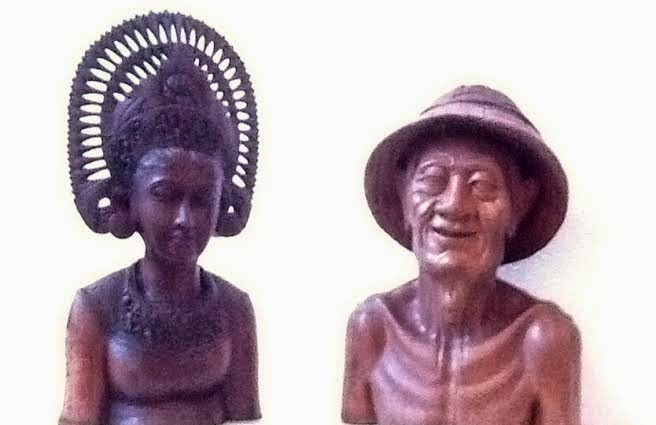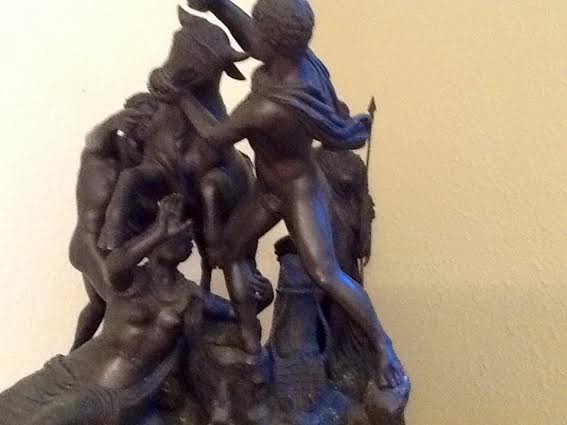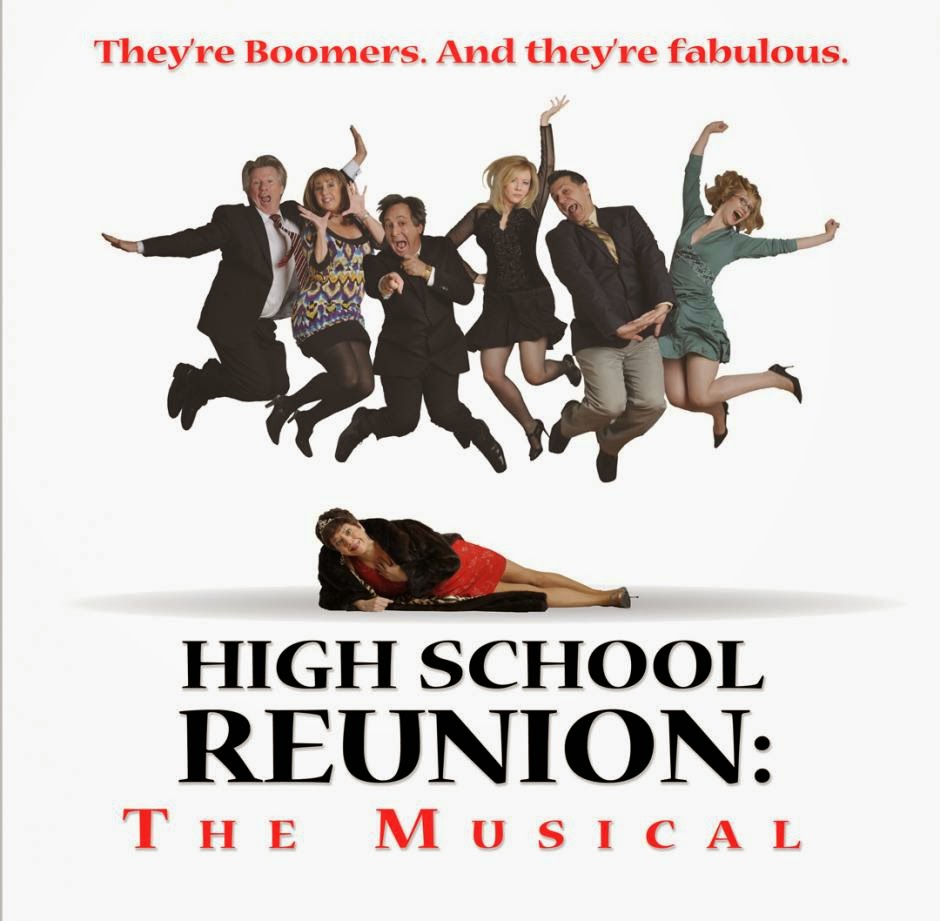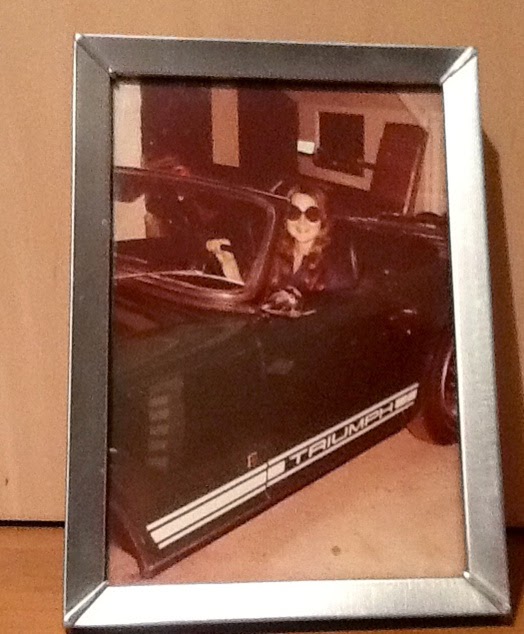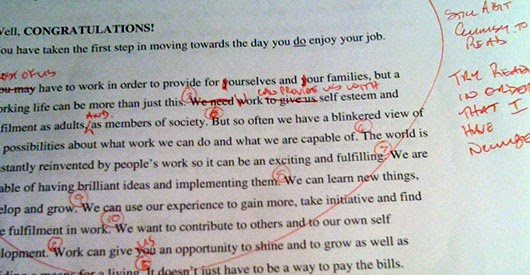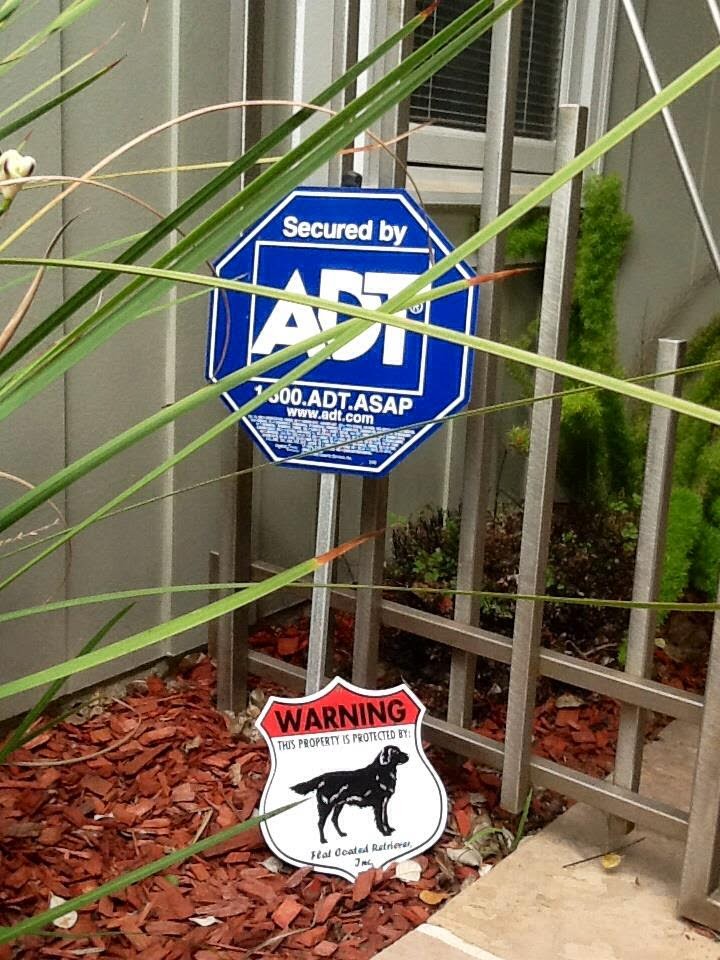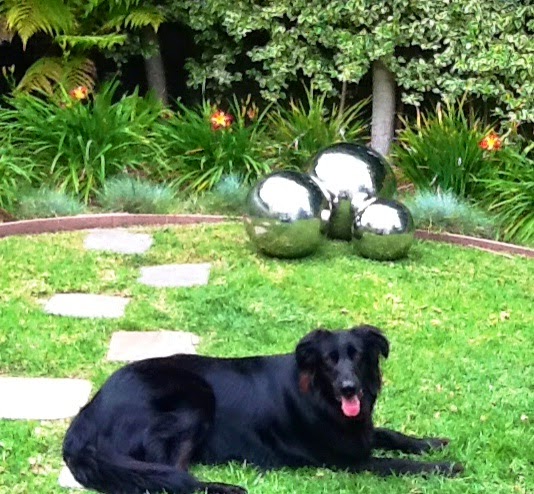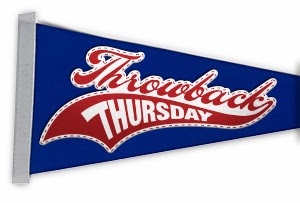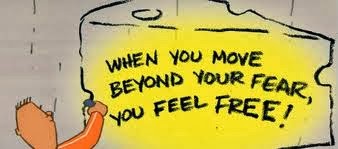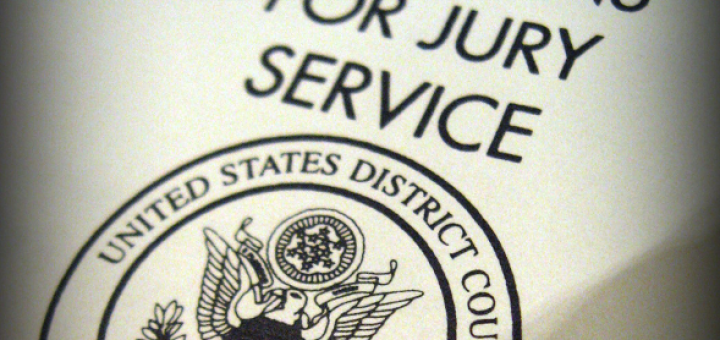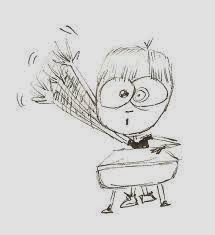Speaking of learning about the past, as Clare did yesterday, I just received a blast from my family’s past. A big truck arrived at Chez Kathryn on Sunday morning, bearing a treasure trove of inherited family artifacts. I use the word “artifacts” advisedly. Some of the items we just received, while interesting and beautiful, are also a tad…unusual.
For example: there’s a Victorian-era bronze replica of the Farnese Bull being wrestled to the ground by men wearing fig leaves. I call this piece “The Creature,” but it actually depicts the Roman myth of Dirce. According to the rather misogynistic tale, Dirce is tied to the bull as punishment for her “wrong” behavior. (I’m ashamed to admit to Clare that I had to look up that info on Google).
Then there’s a pair of carved wooden busts picked up during Grand Tours undertaken by 19th-century kinfolk. I have reunited the couple for the moment on a fireplace mantel.
There’s also a Civil War-era saber. The saber was discovered hidden inside the walls of the family home in Whistler, Alabama. (When I unpacked that little treasure, I of course swung it over my head and let loose with a Rebel Yell, in honor of my vanquished ancestor.)
And as interesting as that saber is, it can’t hold a candle compared to the Crusader sword and Assyrian shield, which have yet to find placement on the walls of our extremely contemporary home.
Then there’s a silver, wagon-wheel thingee. I can’t figure out what the heck the thing is. It’s very ornate, and obviously was wheeled out for some kind of formal purpose. A special wine presentation, perhaps? Anyone have a clue about this one? Clare? I’m thinking about calling it the Chariot of the Bacchus Gods. It’ll come in handy during our housewarming party, I’m sure.
I was going to discuss writer quirks and superstitions today, really I was. But I think my rambling and these pictures give you an idea of the theme I had in mind: as writers, we all inherit our share of odd quirks. Some of those quirks inevitably find their way into our writing. At the rate I’m going, I foresee writing a family saga spanning decades and generations–something very James Michener-ish. Or perhaps more torrid, like THE THORN BIRDS.
So my question for you today: what odd quirk have you inherited as a writer? Or what have you inherited from your ancestors that’s bizarre or fascinating?

